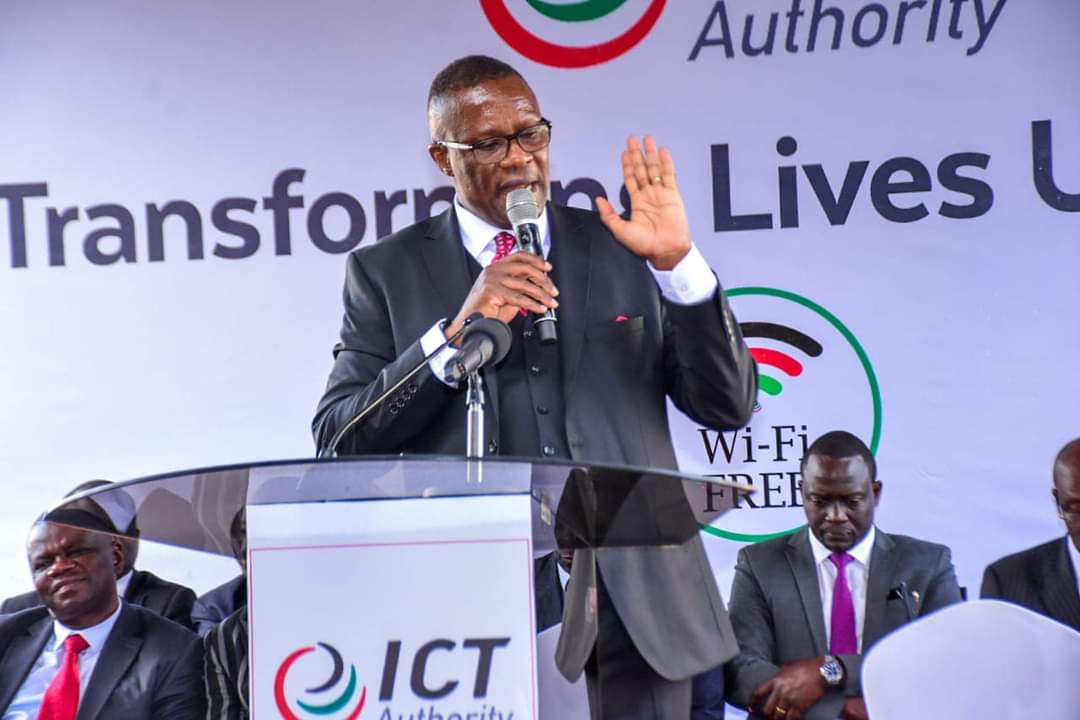As 2022 comes to an end and we get into the new year of 2023, it is customary to review the notable ICT events of the past year and draw up a wish list for the new year. We review some of the hits, the misses, and the possible future in ICTs.
The hits
In April 2022, the ICT Authority launched the 10-year National ICT digital master plan at the annual ICT Conference, dubbed ‘Connected Kenya’. Closely after that, another important document, the National Cyber Security Strategy, was launched at the Statehouse in August 2022.
These are important documents that complement an already robust array of Kenyan ICT documents that, include the Computer Misuse and Cybercrime Act (2018), the National ICT Policy (2019), the Data Protection Policy & Act (2019), and the Digital Economy Blueprint (2019), amongst others.
Another notable hit was Safaricom’s commercial launch of 5G mobile signal. Technically, 5G has been commercially available in other parts of the world since 2020, and it’s quite curious why Kenyan mobile operators have given it the silent treatment until October 2022.
5G technology is considered by many as one of the three ingredients of the 4th Industrial Revolution (4IR), alongside artificial intelligence and blockchain technologies. While mobile operators continue to post generous profits from 3G & 4G technologies, it is important to also have a leg into the future by experimenting with what is possible with 5G.
Finally, we must recognize technology’s role in our increasingly digital electoral system. The 2022 General Election was yet another election that relied heavily on ICTs – before, during, and after elections.
We can only hope that IEBC keeps the tempo and avoids the naysayers demanding a return to manual systems by claiming that the digital systems are no longer reliable.
RELATED
- Understanding Kenya’s ICT Digital Documents
-
Data Protection, Three Years Later – The Good, The Bad and The Ugly
The misses
We now look at some opportunities Kenya may have missed in its ICT journey.
One observation is that many organizations are trying to return to ‘normal’ after a hectic two-year COVID pandemic and its restrictions. One silver lining of the COVID pandemic was the ‘forced’ digitization of most of our socio-economic lives.
Work, play, education, health, commerce, and the judiciary went online, among other aspects of our daily lives. COVID gave us a digital dividend that many SMEs are in a hurry to roll back instead of enhancing.
A restaurant or supermarket that got online clients through its eCommerce platform and did home deliveries should continue with its new digital revenue streams. Our judicial system, which accelerated its digital programs due to COVID, should not cut back on the same and should continue digitizing its operations.
Education institutions forced into eLearning should not abandon their platforms because students are now on campus. Still, we should instead leverage both face-to-face and online digital resources.
Another notable miss occurred during the recent Jamuhuri Day public function. Whereas public functions now are well-themed and the first one dedicated to ICTs, there seems to be an over-emphasis on global tech giants at the expense of local tech ‘giants’.
One could sense there was a rush and emphasis on showcasing Kenya’s relationship with big global tech companies. At the same time, less effort was spent on articulating what we as a nation wanted to extract from them in return.
The ICT Wishlist (the future)
In conclusion, what would a successful 2023 ICT future look like for Kenya?
Just three things.
One, we need to figure out, articulate, and implement what we want to extract from the global big tech companies since they already know what they want from us.
Secondly, we need to keep the momentum on the ‘COVID Digital Dividend’ by supporting enterprises and organisations to continue advancing their digitisation processes.
Finally, we need a single source of truth or ‘dashboard’ to tell us where we are at implementing the many ICT-related documents we have produced so far.
____________________________________________________________________________________________________
John Walubengo is an ICT Lecturer and Consultant. @jwalu.
![]()




